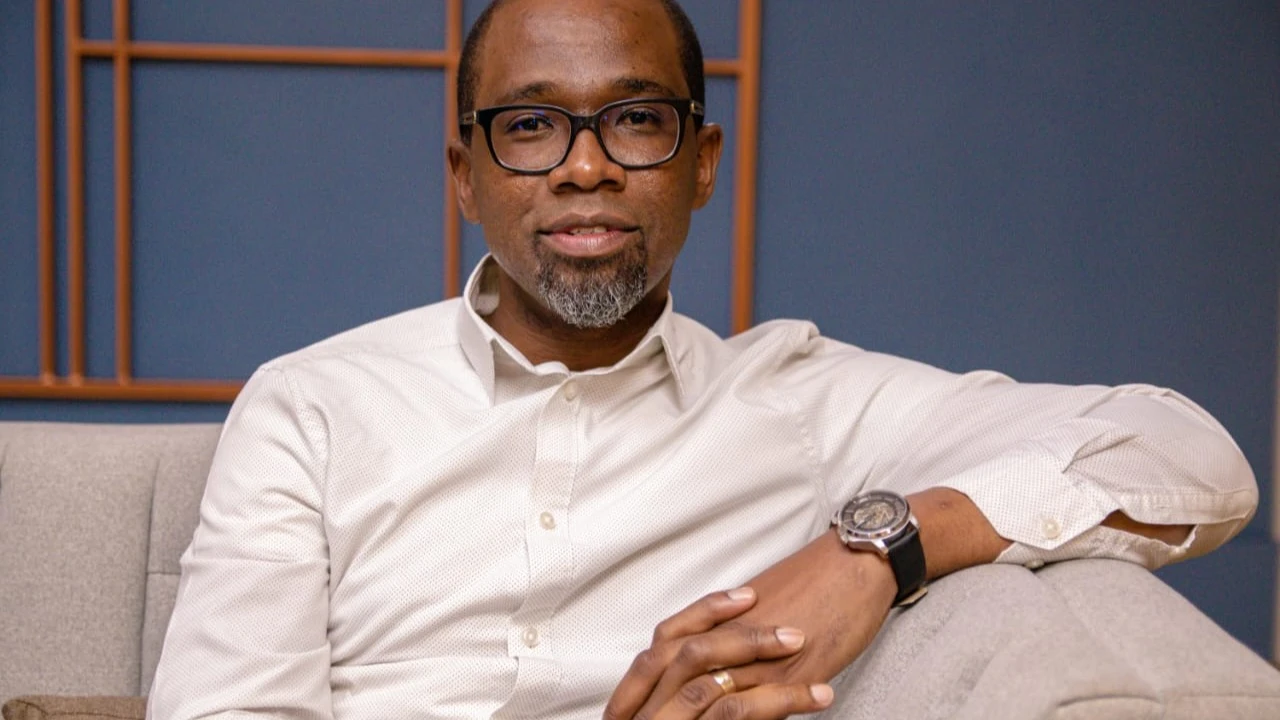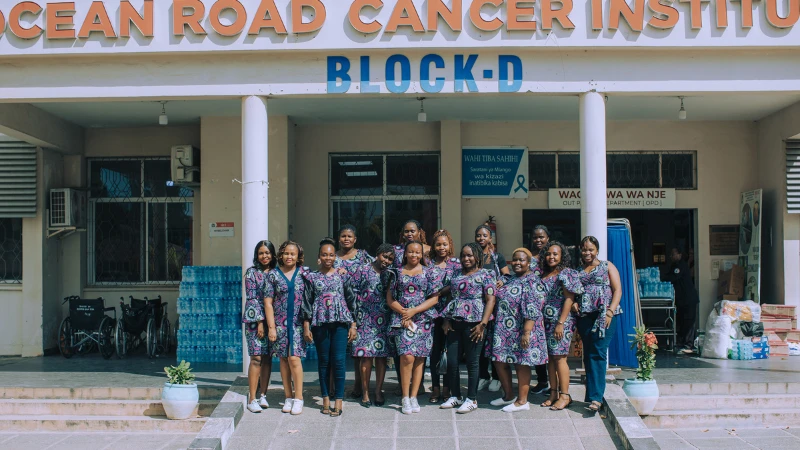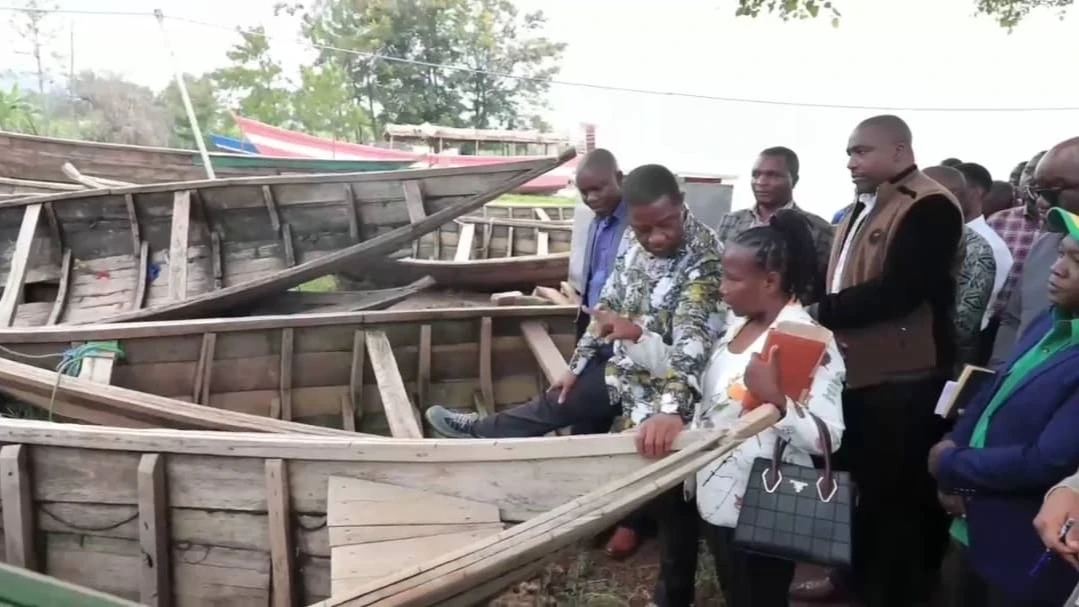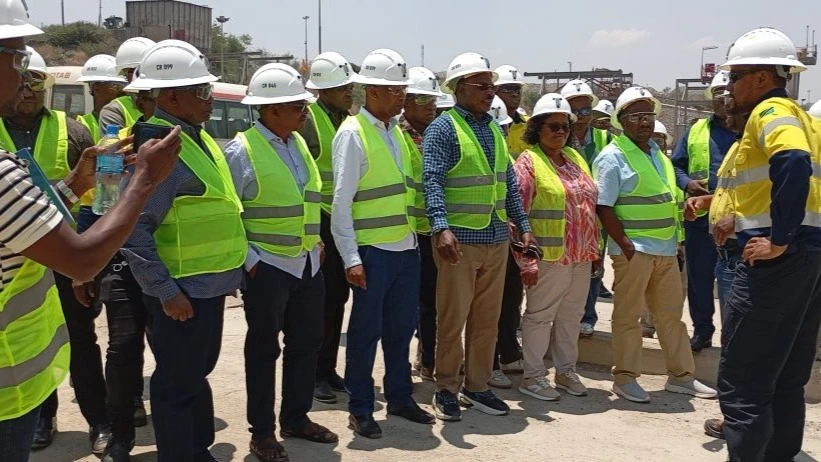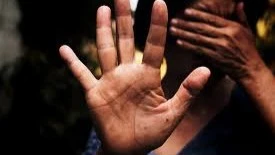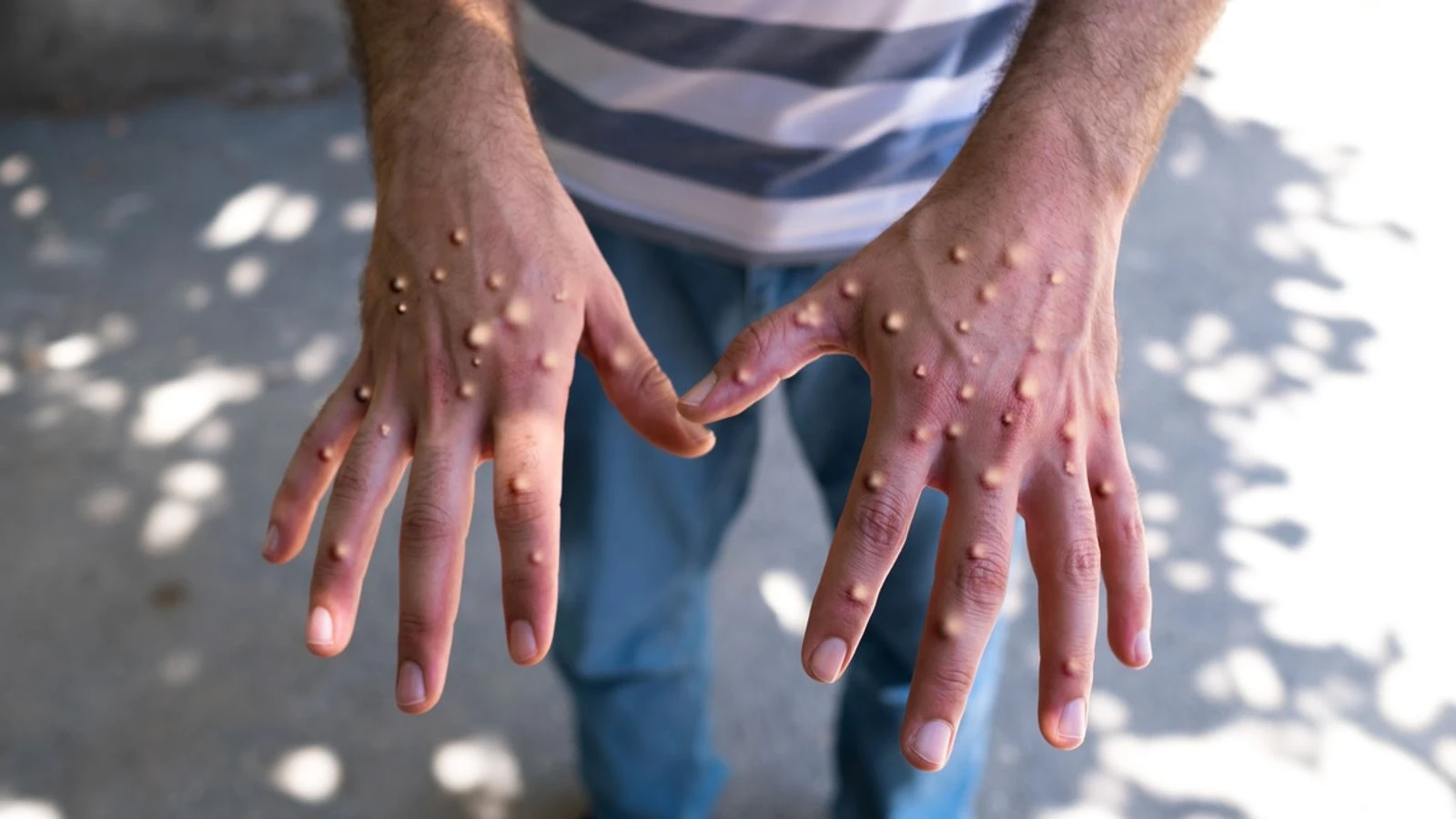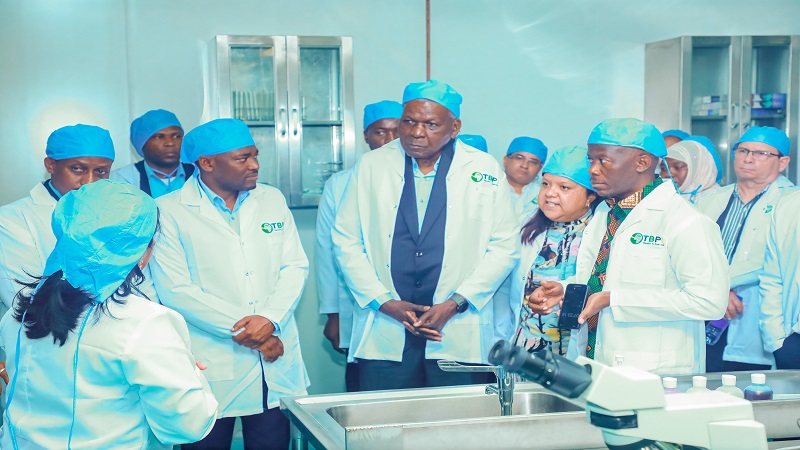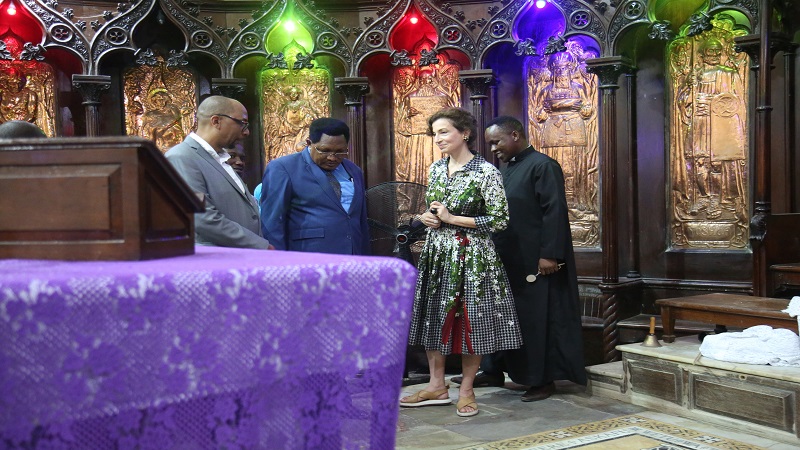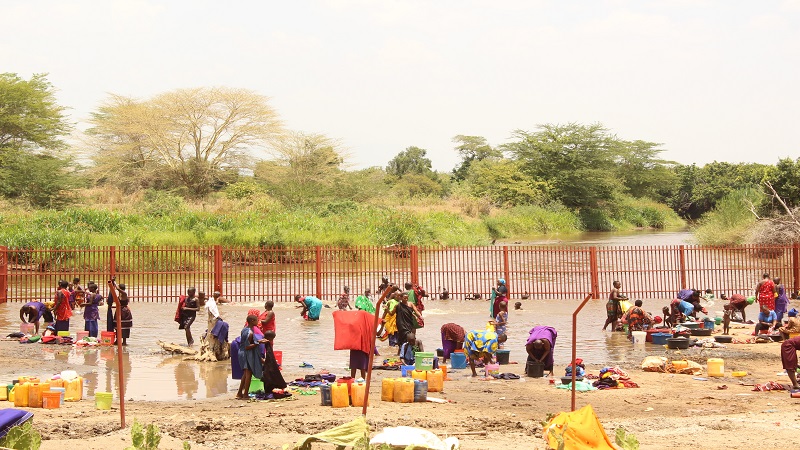Zanzibar creates 12 one-stop facilities to combat violence
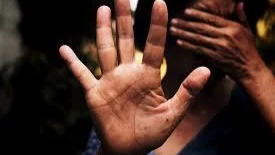
IN efforts to heighten the fight against gender-based violence (GBV) and abuse against women and children, Zanzibar has established 12 One-Stop Centres (OSCs) across district and regional hospitals.
The centres provide survivors with comprehensive services, including legal aid, psychosocial counselling, medical care and police support.
Farshuu Hafidh, Coordinator of the One-Stop Centre at the Ministry of Health Zanzibar, shared the progress during a cross-learning workshop held recently in Dar es Salaam.
The event which brought together community development officers, police, doctors, social welfare officers and prosecutors from both Tanzania Mainland and Zanzibar aimed to share best practices for addressing GBV and violence against children (VAC) and discuss opportunities and challenges in tackling the issues.
“The one-stop centres were established to ensure that GBV survivors can access essential services without delay, including legal aid, police support (including issuance of PF3), psychosocial counselling, health services and social welfare support,” Hafidh said. “The services are designed to help survivors rebuild their lives and pursue their dreams.”
The event also highlighted Zanzibar’s efforts to improve its legal framework for addressing GBV.
The island has successfully set up a special court to handle GBV cases and established Police Gender and Children’s Desk.
Hafidh expressed gratitude for the collaborative efforts of stakeholders, including the Ministry of Health, police, social welfare services and other legal aid providers in supporting GBV survivors in Zanzibar.
Dr Mzee Nassoro, Assistant Director in Ministry of Health’s Division of Reproductive, Maternal and Child Health, explained that GBV involves intentional acts that harm individuals physically, mentally, sexually or economically due to their gender.
Similarly, VAC refers to acts of harm directed at individuals under 18 years of age, including neglect abuse, and harmful practices like Female Genital Mutilation (FGM).
“These forms of violence are deeply rooted in cultural norms, poverty and systemic gender inequality,” Dr Nassoro said. "Their consequences are severe, often leading to physical disabilities, chronic health issues and long-term mental health challenges.”
Dr Nassoro also highlighted that child marriage remains a significant issue, increasing the vulnerability of young girls to various forms of violence.
The government has taken steps to combat child marriage, including the introduction of free education from primary to secondary school as well as the establishment of youth-friendly services in health facilities to equip girls with the knowledge to protect themselves from abuse and early pregnancies.
The workshop also focused on the broader societal factors that drive GBV and VAC, including harmful cultural practices, poverty, economic dependency and unequal power dynamics. "Harmful cultural practices such as FGM and child marriage, combined with economic inequality and mental health issues create a perfect storm that perpetuates GBV and VAC," Dr Nassoro explained.
The 2022 Tanzania Demographic and Health Survey reported that 27 percent of women in Tanzania have experienced GBV, a decrease from 40 percent in previous surveys (2010 and 2016).
However, this figure remains alarmingly high as no individual should ever experience violence. The survey also found that areas with higher rates of GBV tend to have lower utilisation of reproductive health services, indicating that violence inhibits access to essential healthcare.
The one-stop centres in Zanzibar and mainland alongside ongoing awareness campaigns and legal reforms are part of the broader effort to reduce GBV and VAC and ensure that survivors receive the support they need to heal and thrive.
The workshop organised collaboratively by the Ministry of Health, Tanzania Men as Equal Partners in Development (TMEPiD) and funded by GIZ Tanzania, the European Union, and the United Nations Population Fund (UNFPA), provided an opportunity for key stakeholders to share experiences and strengthen their collective efforts to address the critical issues.
Top Headlines
© 2025 IPPMEDIA.COM. ALL RIGHTS RESERVED








